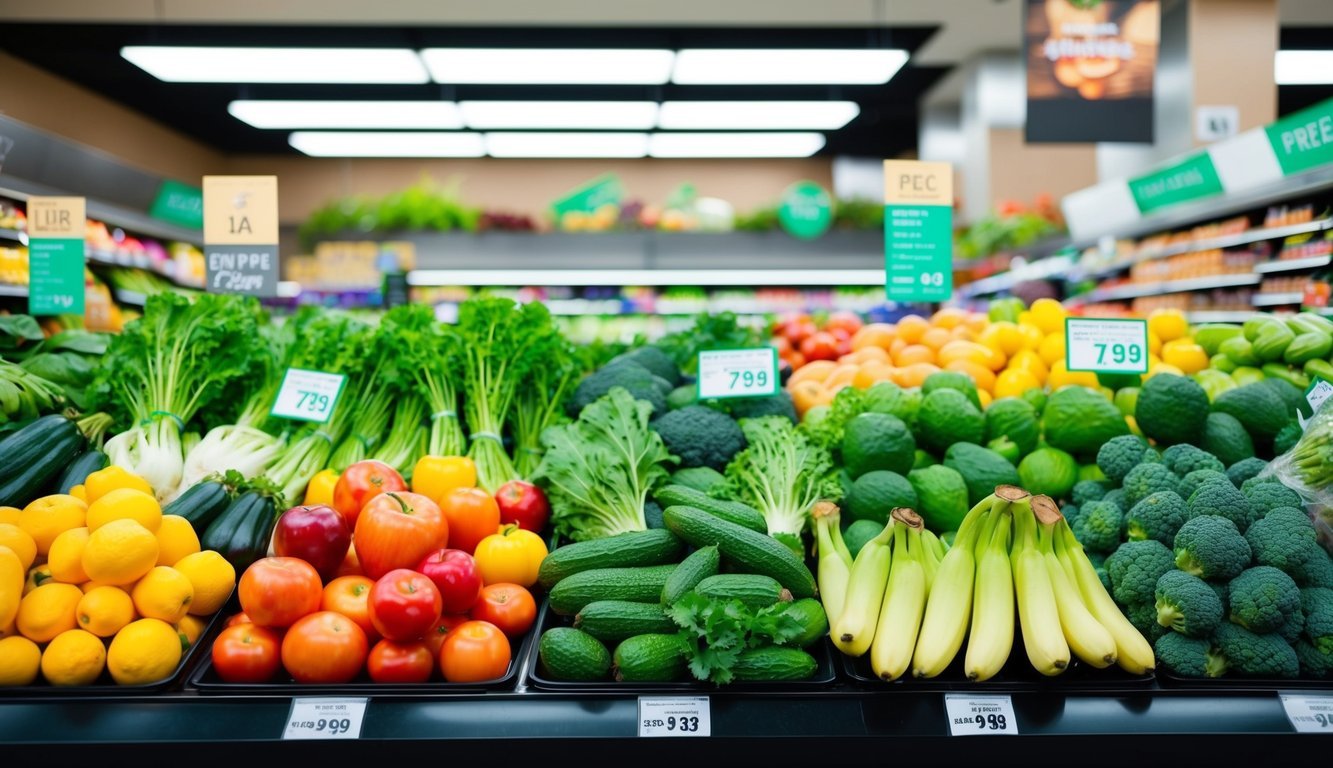
The market for organic food and beverages is demonstrating robust growth, even in light of current economic pressures associated with the rising cost of living. Insights shared at the Organic Trade Conference, held online last October, highlighted this trend.
According to a recent report featured in FoodNavigator USA, the conference data indicated that several organic products are experiencing higher growth rates compared to their conventional equivalents. For instance, in the UK, the organic sector saw a 6.4% increase in sales value, surpassing the 5.4% growth observed in non-organic products. Additionally, information spotlighted during the digital event organized by the Soil Association revealed that a significant majority of consumers (69%) actively seek products with organic or sustainable certifications while shopping.
Consumer Priorities Shift
In discussing the factors driving increased organic purchases, journalist Nicholas Robinson noted that consumers are placing greater importance on organic labels and certifications. Citing research from the consultancy Mintel, he reported that many consumers are prepared to spend more on organic options, particularly individuals aged 25 to 32, who show a keen interest in such products.
Data from NielsenIQ indicates that while 29% of consumers remain concerned about the cost of living, this figure has substantially declined from 57% two years ago. Conversely, concerns surrounding health and wellness have surged, rising from 11% to 28%.
Resilience of the Organic Sector
Alex Cullen, the Certification Director at the Soil Association, remarked on the resilience of the organic sector, acknowledging that despite ongoing challenges, the market is recovering as consumers increasingly prioritize wellness and sustainability that organic products offer.
Michaël Wilde, founder and organic advocate at The Organic Embassy, emphasized the need for the UK to intensify its efforts if it intends to stay competitive with the European Union’s organic initiatives. He recognized the difficulties posed by the polarization between the intensive farming sector and the organic and regenerative sectors but expressed optimism about future developments and leadership in Europe.
Reference: Why shoppers are turning towards costly organic food and drink (FoodNavigator USA).

